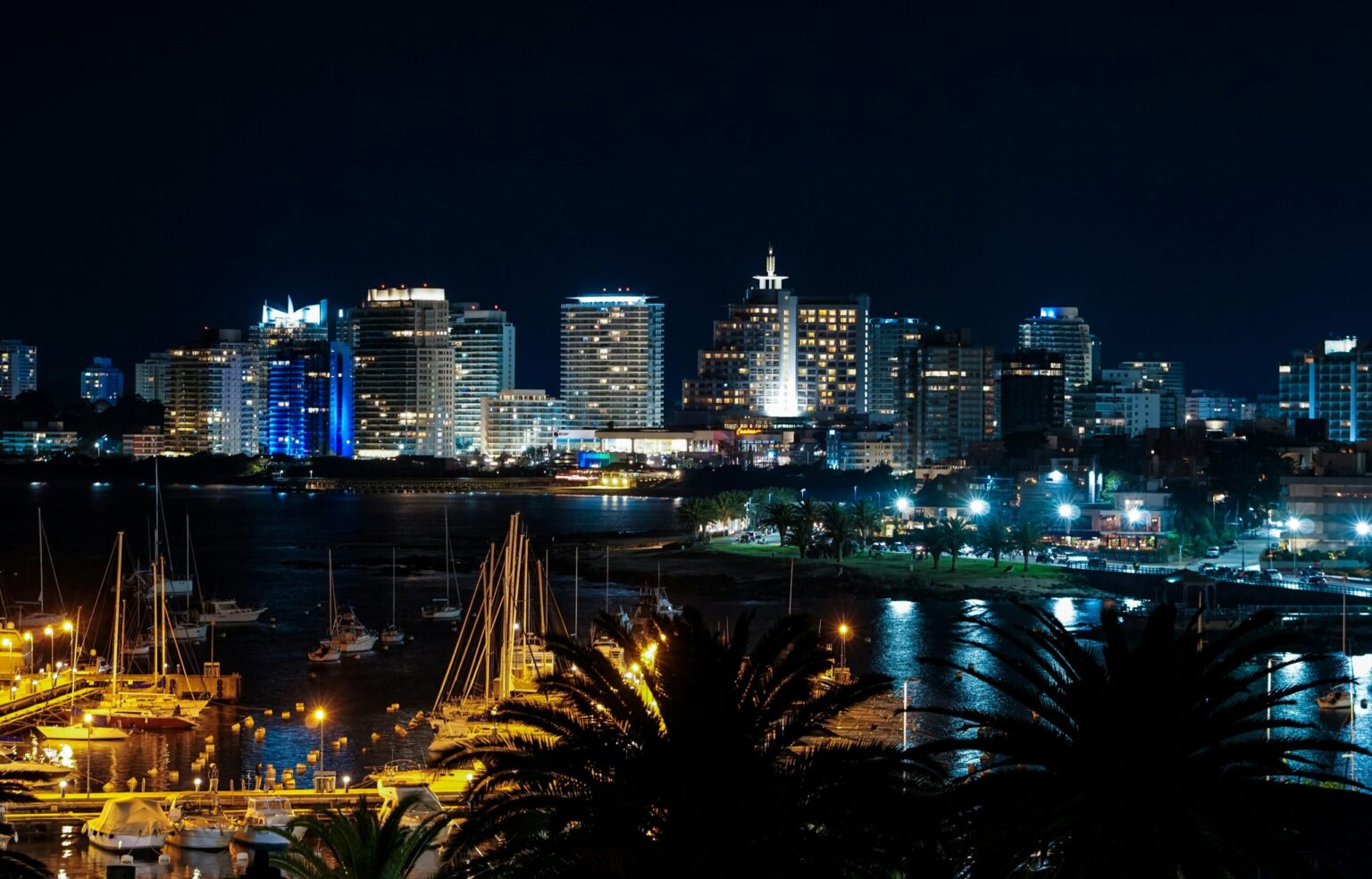Uruguay, nestled in South America between Brazil and Argentina, may not be the first country that comes to mind when considering global economic powerhouses. However, having said that, its steady economic growth, strong democratic institutions and progressive policies have positioned it as an emerging hub for innovation.
With a relatively stable economy and low levels of corruption, Uruguay has a strong agricultural base, and historically, the country has historically relied on agribusiness as a key driver of GDP.
What Is Uruguay’s Economy Like?
Known for its cattle ranching and soybean production, some of Uruguay’s main exports are beef, wool and grains. One of the reasons the country has been successful in agriculture has been its access to international markets.
In addition to agriculture, Uruguay has cultivated a growing services sector, particularly in software development and financial technology.
Montevideo, the country’s capital, is increasingly viewed as a hub for digital services in Latin America. The government has also taken proactive steps to position Uruguay as a gateway to the region, offering tax incentives for foreign investors
Despite these strengths, however, the country faces some challenges that can’t be ignored. Its small population of around 3.5 million limits its domestic market, making international scalability essential for businesses wanting to be successful.
High labour costs and reliance on exports mean the economy is vulnerable to external shocks, such as global commodity price fluctuations or economic downturns in its trading partners, particularly Brazil and Argentina. These issues aren’t dealbreakers for companies based in th country, but they certainly are worth considering.
Uruguay’s Startup Environment
Despite the fact that it’s geographically small, there’s no doubt about the fact that Uruguay punches above its weight class in terms of fostering startups.
Uruguay’s startup ecosystem is gaining recognition, bolstered by government support, a tech-savvy population and an immense focus on innovation. Initiatives like the Uruguay XXI Investment Agency and ANII (National Research and Innovation Agency) provide grants, technical assistance and funding for startups in the country.
Uruguay has also embraced free trade zones, which allow businesses to operate with significant tax benefits, further enhancing its appeal to entrepreneurs, especially from a financial perspective.
Montevideo is at the heart of the startup scene, home to plenty of coworking spaces, incubators and accelerators that work to nurture early-stage companies. The country’s advanced IT infrastructure has enabled the development of software companies and digital platforms catering to both domestic and global markets.
Naturally, Uruguay’s startups most commonly focus on fintech, agritech and logistics – sectors that align with its economic strengths. The ecosystem’s growth is further supported by its educated workforce and progressive policies, such as legalised remote work visas that attract international talent and, over time, are improving the conditions for emerging startups.
However, Uruguay’s startup ecosystem still has hurdles to overcome. With limited access to venture capital and a small domestic market, entrepreneurs need to embrace a global mindset in order to be successful.
The other thing to bear in mind is that Uruguay’s startup environment is relatively young compared to the rest of Latin America, meaning that if the country follows its current trajectory, it should only get better from here on out.
Unicorns in Uruguay
So far, Uruguay has only seen one privately owned business exceed a $1 billion valuation.
Dlocal

As Uruguay’s first and only unicorn, Dlocal specalises in cross-border payment solutions, allowing global companies to operate seamlessly both within and across emerging markets.
Dlocal is focused on addressing challenges involving fragmentation and regulator complexities, helping to bridge the gap between international merchants and local payment methods. The company simplifies general payment methods and transactions, making it easy for businesses to accept and disburse payments in more than 40 different countries around the world.
Founded in 2016, Dlocal achieved unicorn status in 2021, marking a significant milestone not only for the company itself but for Urugay’s tech and startup scenes more generally.



